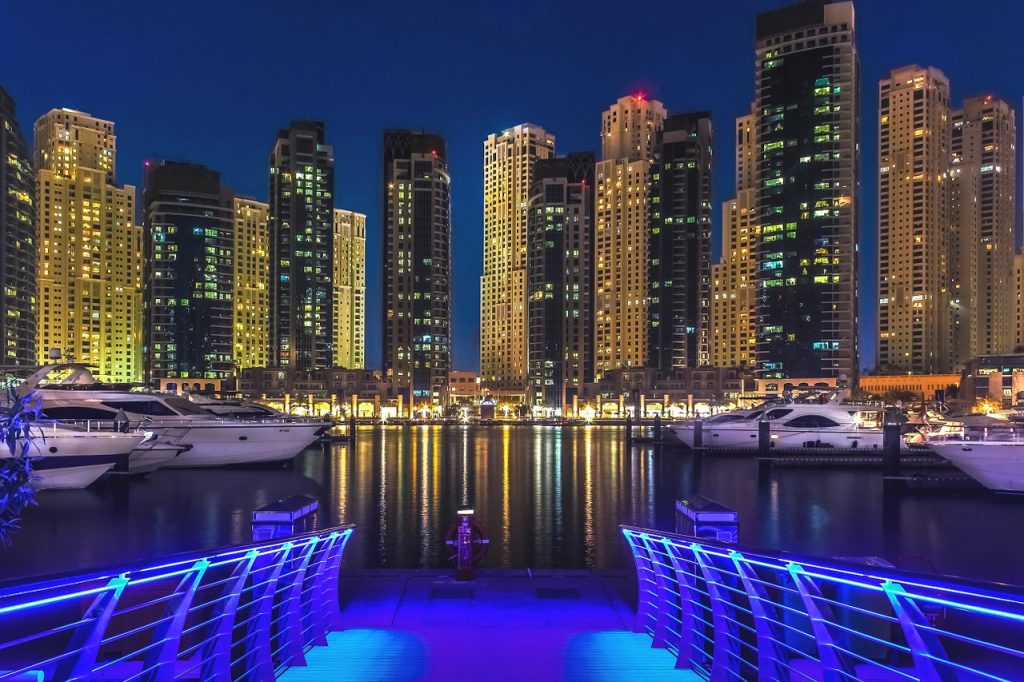Senior Research Fellow Mattia Tomba gives us a succinct summary of the differences in the way business communities in the West and the Arab world conduct their day-to-day affairs.
The Dos and Dont’s of Business
- - April 12, 2018

What are business relations like in the Arab world? First and foremost, we need to note that it isn’t a monolithic entity. That said, there are commonalities that tie the region together.
In general, people in the Arab world are risk-adverse, with Dubai being the exception. They will actively avoid doing anything that may tarnish their reputation or bring shame to their family. Thus, people will not pay for something that has not been proven to work. People are also wary of being taken advantage of, especially by foreigners. This is particularly common in the Gulf states. Having said that, do not lose sight of the fact that Arabs are consummate traders and businessmen who are known for their enterprising spirit. Bargaining is very much ingrained in Arab culture and most Arabs would never shy away from an opportunity to negotiate a lower price. They are generally very price conscious, and this is regardless of how wealthy one is.
Relationships trump documents in the Arab business world. Typically, rules-focused societies like US and Western Europe enter agreements using very detailed and lengthy contracts. Every aspect of the relationship is then governed by the signed contract. This is entirely different in the Arab world. When they do business, contracts tend to be much shorter and are regarded merely as a written record of what has been discussed and agreed upon. Bargaining is still culturally permitted and common even after a contract is signed. The honour-based culture of the Arab world relies more heavily on one’s word of honour, reputation and relationships rather than written documentation – although documents are important and are kept. But if either party starts referring to the contract, that is a sign that the relationship has failed.
More in This Series
More in This Series
- Jean-Loup Samaan
- - July 11, 2024
- Aisha Al-Sarihi, Ehsan Rasoulinezhad, Jinseok Sung
- - June 20, 2024








